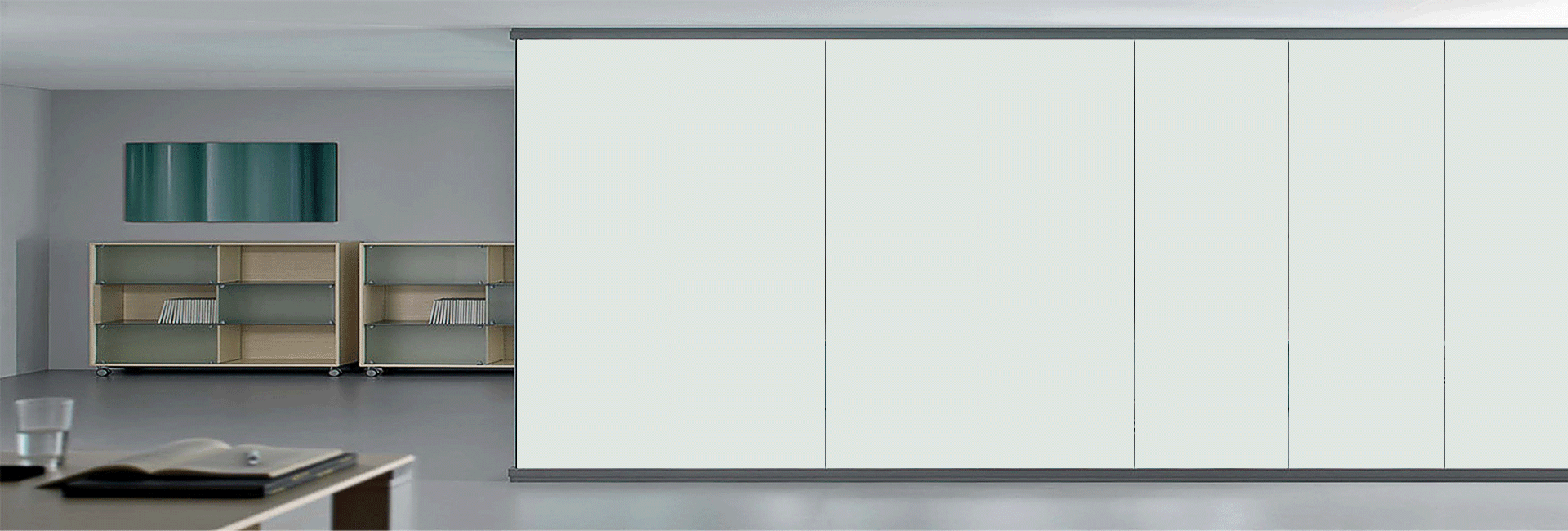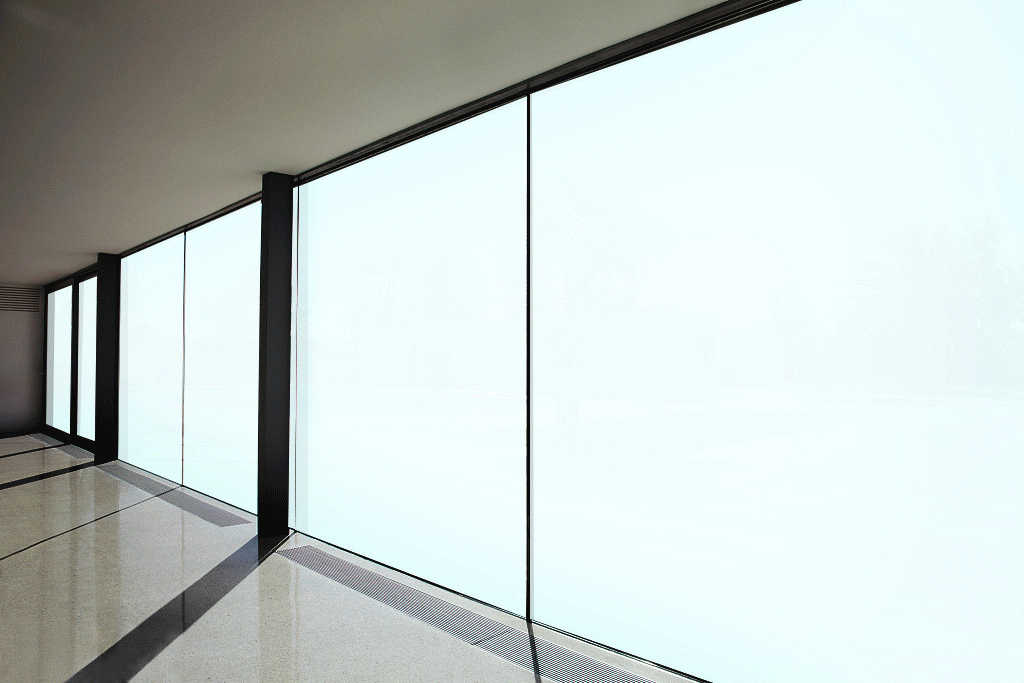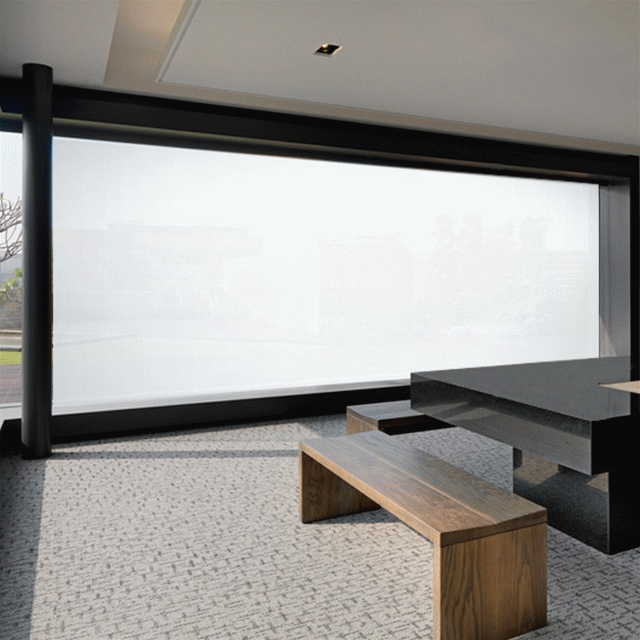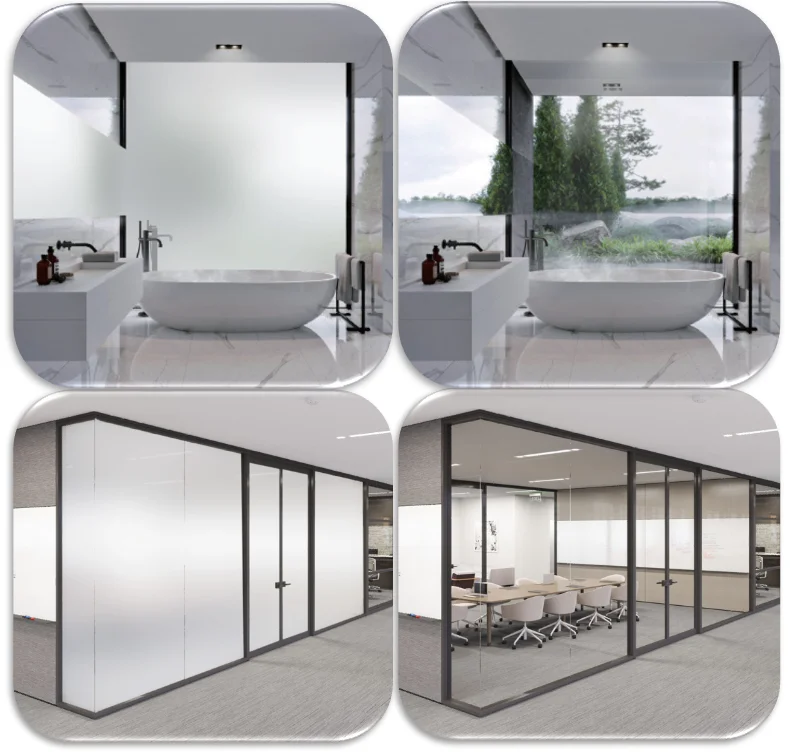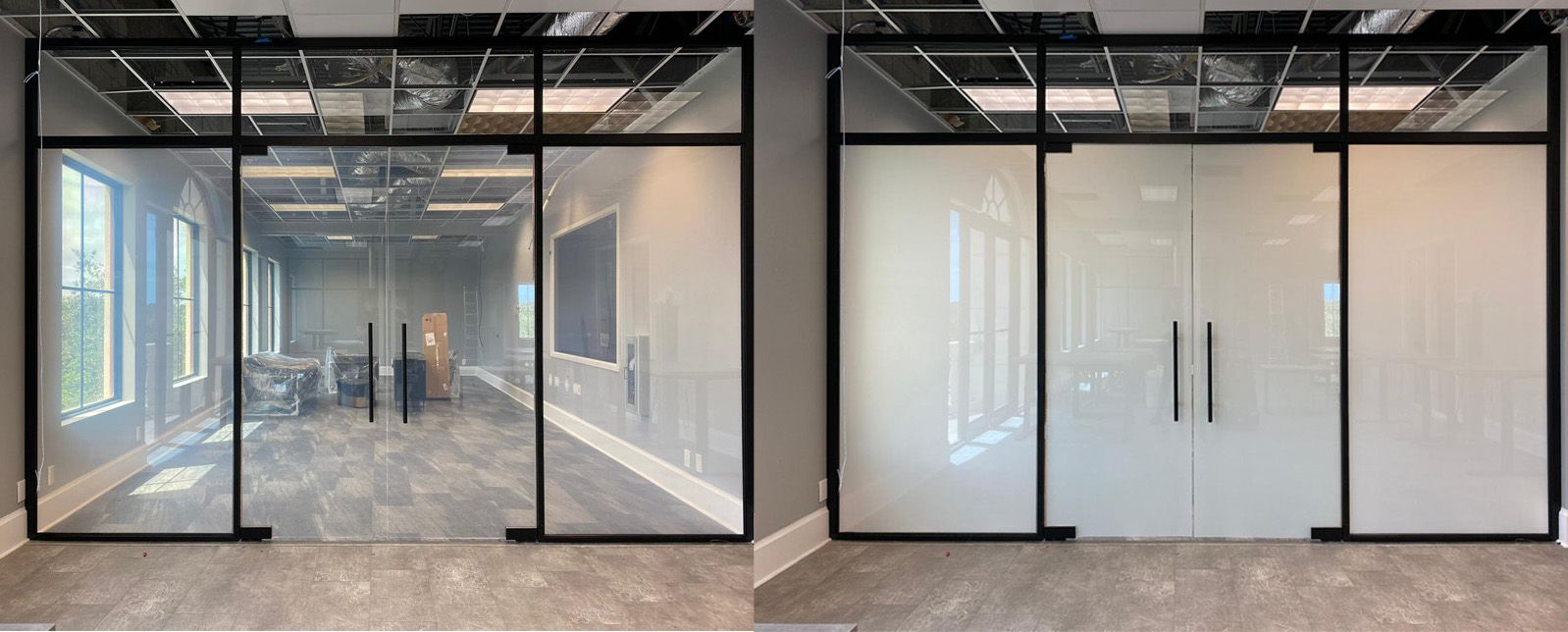Smart PDLC Film glass windows: costs, benefits and disadvantages
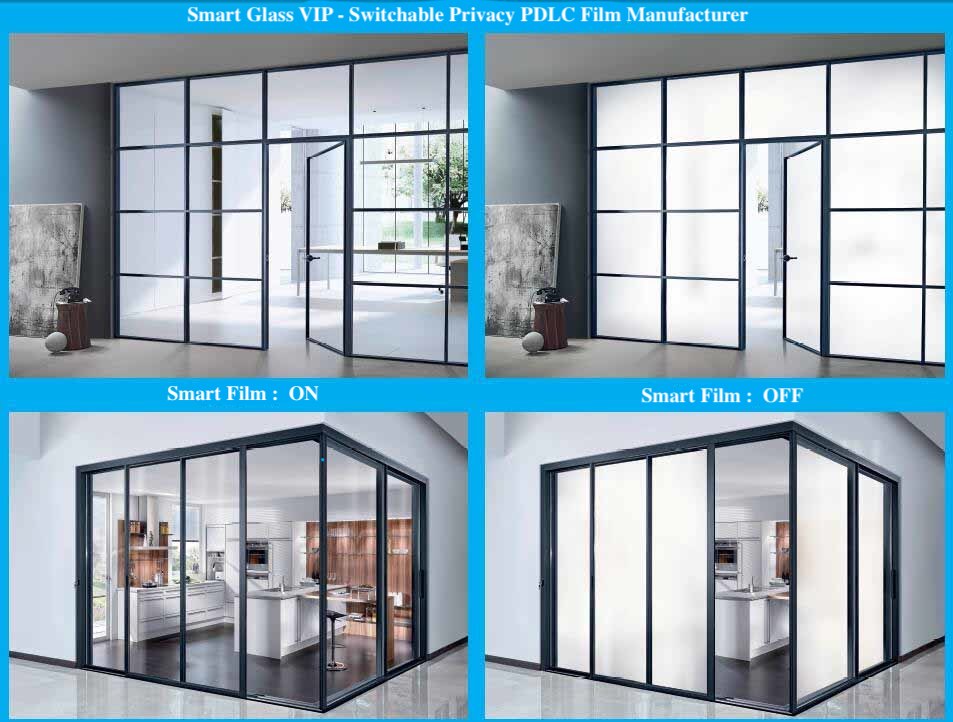
Nowadays, almost everything we have has been transformed and evolved into “smart” variants.
There are smart TVs, smart homes, and even smart refrigerators, so it makes sense that our home windows are the next thing to be handled smartly.
Smart windows are relatively new on the market, but they provide homes with more energy-efficient products, which is exciting. Whether you are building a new home, or want to transform your house with technology and features to reduce your dependence on unsustainable resources, they may be a good choice.
What is a smart window?
This technology will switch the smart glass/film from transparent state to an opaque translucent state with the simple flip of a wall switch, tap of an APP, click of a remote controller, or any smart home control system. The technology makes available a dynamic space that can be both private and open at the same time.
The most basic thing is that smart windows can not only block sunlight, but also block sunlight, and can do this at different times, so you never have to worry about curtains or curtains.
The purpose of smart windows is to automatically control the amount of light, heat and privacy received in the home. Like other smart technologies, they can also be controlled by the user.
There is still a way to go for smart windows to be as efficient as the developers hope, but they can really change ordinary homes with smart windows.
We are studying the cost, advantages, disadvantages and functions of smart glass windows in depth so that you can decide whether they are on the road to energy saving in your home.
What is a smart glass window?
Smart glass is a broad term used to describe a glass that has both thermal insulation and light shielding functions.
This kind of glass can switch from transparent to semi-transparent, and everything in between, and it can also block the wavelength of light, adding color to the appearance of the window.
The purpose of smart glass windows is to block sunlight and provide thermal insulation without the need for traditional window treatments such as curtains and blinds. They can automatically ensure privacy, heat control and protection from direct sunlight, providing you with a wider range of final effects control.
The glass used for these windows has light-transmitting properties, and the light-transmitting properties vary with electricity, heat, or light, depending on the type of glass used. These windows are used for a range of applications, not just at home, including large enterprises and even hospitals.
Electrochromic glass is the most common type of smart glass, and there are different types. Some of them will darken, others will look like mirrors, and others will become translucent, the way it depends on the type.
Smart glass windows can be powered by electricity or rechargeable batteries, each of which has its own advantages and disadvantages.
How much do smart glass windows cost?
Before you can determine whether smart glass windows are suitable for your home, you need to know their prices.
There are several variables that may affect the final cost of these windows, such as how many windows you have, their size, the type of electrochromic glass, and other special features they have.
Because this technology is relatively new and not widely used, the cost of installing new windows is estimated to be around $100-150 per square meter.
In addition, you can also choose adhesive smart film treatment methods on existing windows. These methods are also beneficial and cost up to $60-80 US dollars per square meter.
Although there are many benefits to using smart glass windows, especially in terms of energy saving and convenience, these high costs are enough to discourage people.
However, people hope that with the advancement of technology, the cost of materials, and the popularity of installation, smart windows will become something that every family can afford.
Benefits of smart glass windows
If you are considering installing smart glass on your home windows, you may have heard of many benefits.
These are just some of the advantages that technology provides to ordinary environmentally friendly households.
Insulation
Windows are one of the main culprits for heat dissipation in winter and summer, and they play an important role in affecting heating and cooling costs.
Smart glass is designed to reduce heat load and heat loss, providing you with a simple home insulation method.
Energy saving
These windows can save energy costs, and the manufacturer estimates that about 30% of the daily expenses will be used for heating and cooling.
They can work with the least amount of electricity, so the energy saved is more noticeable.
Block UV
Harmful UV rays can enter the home and can be blocked with smart glass, so this is a safer choice for your family.
It is estimated that it can block up to 95% of UV rays, which is very impressive without taking away the natural sunlight that your home needs.
Provide privacy
When you have smart windows, there is no need to use curtains, blinds or curtains.
These windows can change their effect from opaque to translucent to colored automatically or at the push of a button, and provide a more modern appearance than most window treatments.
On-demand lighting settings
You can completely control the amount of sunlight entering your home without risking heat load or ultraviolet rays.
These windows are equipped with a control panel, even if you are not at home, you can also use it to adjust to provide you with the best indoor light.
Disadvantages to consider
There are many advantages to using smart glass at home, but it is not always a good choice for everyone.
Before installing smart glass in China, there are some issues to consider.
expensive
Since this technology is not yet popular, the average cost of installing smart glass in the home is very high.
There may be savings in household insulation, heating and cooling, and energy use, but there is no stage to fully recover these costs.
Still use energy
The overall energy efficiency of this glass is admirable, but in fact, it still relies on the grid to complete its work, which makes it less sustainable than some people realize.
When battery-powered and solar-powered smart windows become more common, this problem is expected to be resolved.
Difficult to install
Depending on the type and placement of the glass, the installation process may be very long, and it is generally not recommended as a DIY project.

